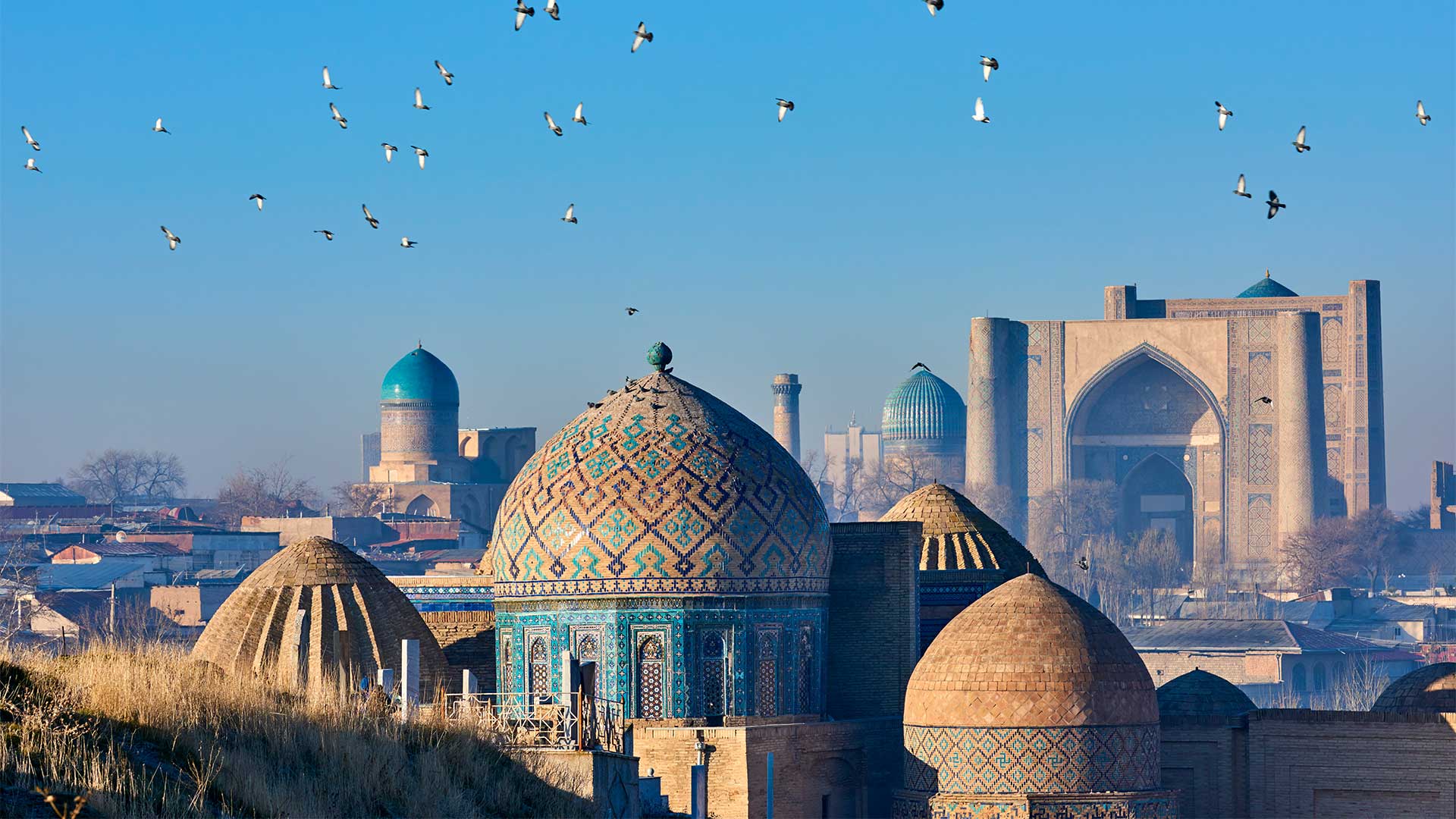
Laying the foundation for the future of early learning opportunities
Every child has the right to learn, yet too many around the world do not have the chance to exercise it. To put an end to this shortfall, global organizations gathered in Uzbekistan in November to establish a strategy that will ensure more young people can access quality development, education, and care opportunities by 2030.
Mobilizing education
The latest statistics from the United Nations Educational, Scientific, and Cultural Organization (UNESCO) reveal over 258 million children, adolescents, and youth were out of school before the Covid-19 pandemic, representing one-sixth of the global population of this age group. It warns that, without urgent action, 12 million children will never set foot in a school.
The World Conference on Early Childhood Care and Education (WCECCE) exists to reaffirm education as a basic right. Every 10 years, it brings together representatives from nearly 150 countries to expand investment in quality childhood development. And this year, it was held in Uzbekistan’s capital city Tashkent – a continuation of the recent UN Summit on Education Transformation.
Educators, policymakers, and civil society organizations attended a series of sessions, based on the four key areas: inclusion, quality, and well-being; workforce and caregivers; program innovation; policy, governance, and finance. Each one encouraged an open discussion, working to establish future solutions for strengthening early childhood care and education worldwide.
“In Uzbekistan, we have the opportunity to send a powerful message to the world based on UNESCO’s determination to make 2022 the year of mobilization for education. Here in Tashkent, we must define the model of the society we want to live in – a society that cares for its children, guiding them and giving them the attention they deserve,” said Audrey Azoulay, UNESCO Director General.

Defining a strategy
At the end of the three-day conference (November 16), the Tashkent Declaration was signed to initiate a new international agenda for early childhood education. With the aim of making significant progress by 2030, it “serves as the basis for our joint efforts in this direction,” announced Shavkat Mirziyoyev, President of Uzbekistan.
To ensure no child is refused an education, the declaration established several guiding principles: improving the quality and relevance of curricula and pedagogy, ensuring equal and inclusive educational services for all children, and protecting and guaranteeing rights to access education in emergencies.
As well as measuring its own impact, the declaration will act as a marker for milestones within the UN Sustainable Development Goal (SDG) strategy – particularly SDG 4. This global commitment is focused on providing inclusive and equitable quality education and promoting lifelong learning opportunities for all by 2030.

Leading by example
The WCECCE in Uzbekistan marks a turning point in an education strategy that has up until now been stagnant or deteriorating. According to a new report from Research Group Central Asia (RGCA), based on data from the World Bank, the OECD, and UNICEF, the coverage of children with preschool education in many developed countries has seen negative growth.
At the same time, developing countries have demonstrated greater resilience to the crisis. Uzbekistan topped the ranking, achieving a 59% growth in children aged three to six enrolled in preschool education between 2018 and 2020. This came as a response to increased public spending, liberalization of the sector, and the introduction of mobile kindergartens for hard-to-reach communities.
“The attention paid by [Uzbekistan] to the development of preschool education has led to tangible results, even considering the difficult phase of pandemic lockdowns. I am confident that we will maintain high growth rates and, in the foreseeable future, reach the level of the world’s leading countries,” said Agrippina Shin, the Minister of Preschool Education of the Republic of Uzbekistan.
If Uzbekistan has proven anything to international onlookers, it’s that even amid economic adversity, early education must remain a priority. Giving young children access to quality schooling will not only lay the foundation for their further education, but also for the sustainable development of societies around the world.

